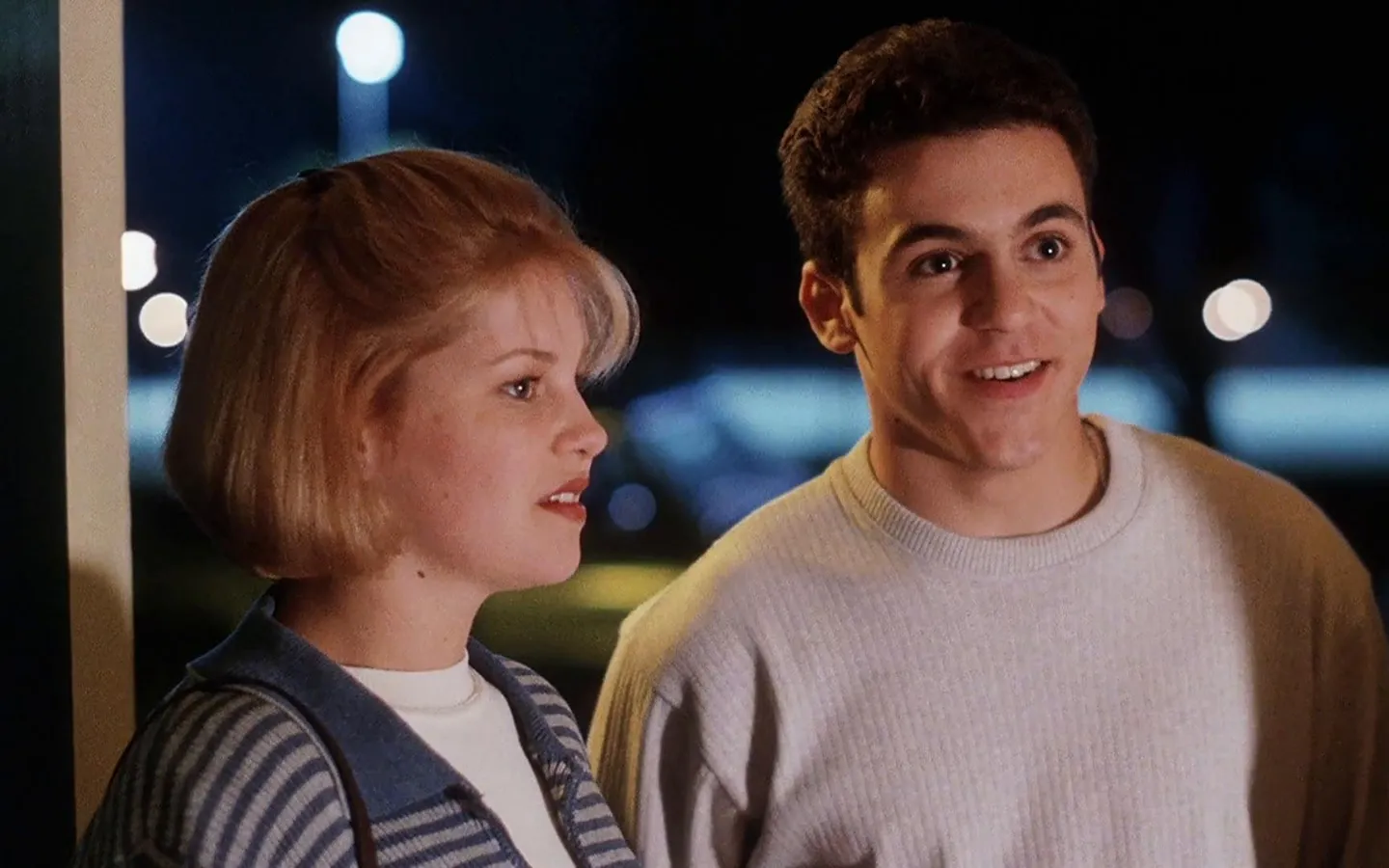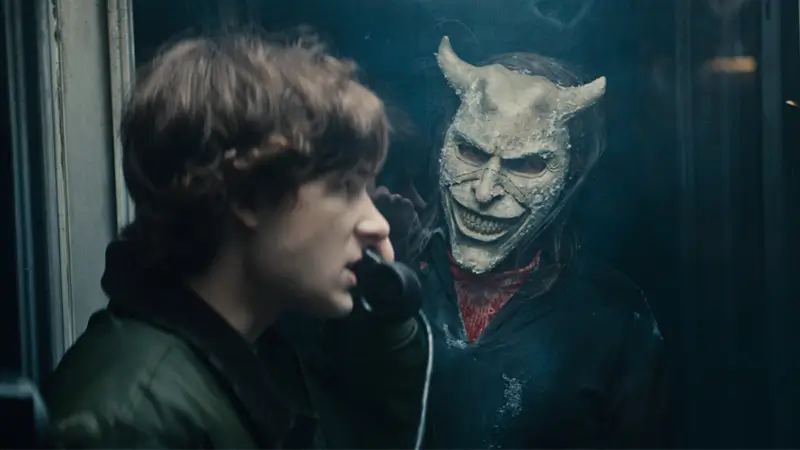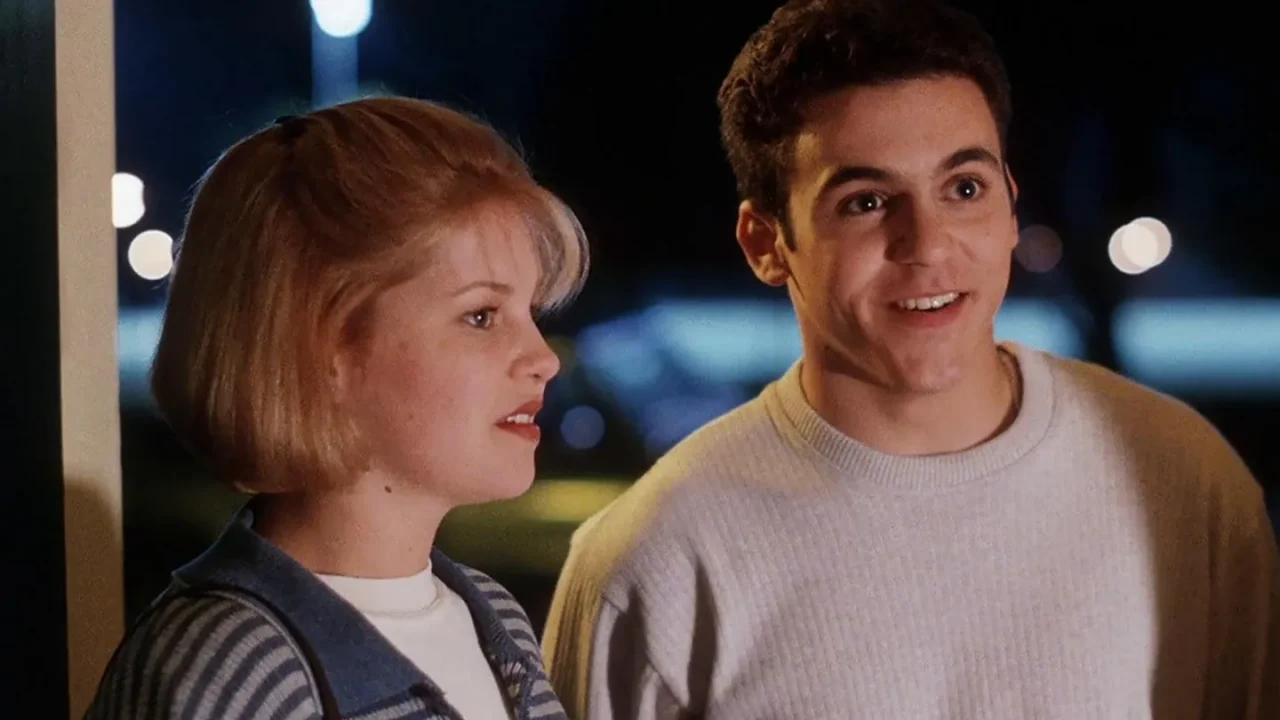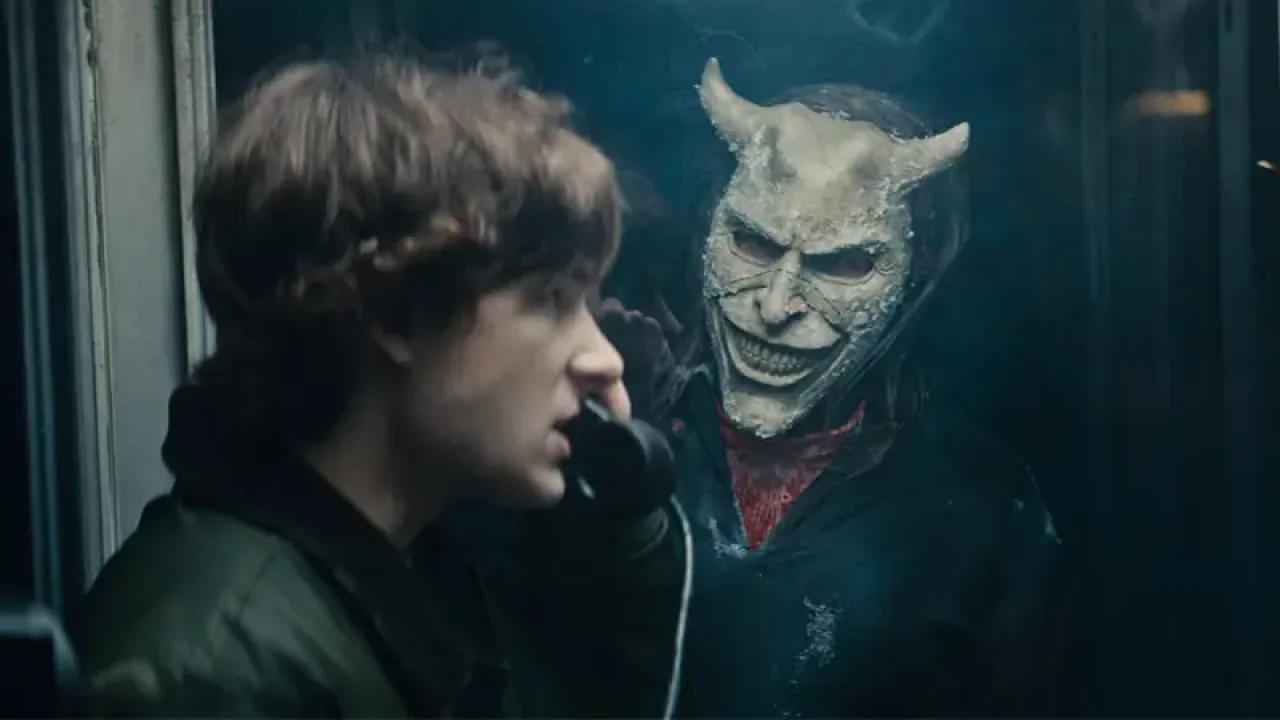Delving into the vastness of memories, investigating images and documents from bygone eras, listening to the accounts of those who lived through the past—there are countless ways to revisit the history of a people, a city, a country. In The Secret Agent, director Kleber Mendonça Filho unearths the brutality of Brazil’s dictatorial period through a highly unique and original lens. With its vibrant colors and a cast in perfect sync, the film showcases the masterful command of language of a filmmaker who, a true cinephile, translates this passion into aesthetic and narrative choices that are a far cry from the ordinary.
After its massive success at the Cannes Film Festival, where it won Best Director and Best Actor, the production landed in Brazil for its first screenings last week: previews in Recife and the opening of the Brasília Film Festival. In the Pernambuco capital, the screening took place at the historic São Luiz Cinema, a cultural landmark where key scenes from The Secret Agent were shot. This fascination with the city and its monuments, so present in Kleber’s previous works, is an essential narrative device for understanding the film.
Recife, 1977: A Time of Great Tension
In the film’s opening sequence, the audience is introduced to elements that, when looked at beyond the surface, already denote themes referenced throughout the entire plot. The banality of violence, materialized in a body left out in the open near a gas station; the institutionalized corruption of the police forces; the carnivalesque fantasies of the passengers in a car that drives straight past the sordid scene. The director perfectly summarizes what the opening title card defines as a “time of great tension.”
Back in Recife after a stint in Brasília, Marcelo (Wagner Moura) is greeted by Dona Sebastiana (Tânia Maria), who runs the kind of boarding house where the character is staying. We soon understand that the building is a haven for “refugees,” political exiles from diverse backgrounds. At an unhurried pace, fitting for the analog and less anxious daily life of the 70s, the script gradually unveils the protagonist’s motivations, his wounds, and the risks lurking during his return to his hometown.
Unlike other films that tackle the dictatorship through the dark aesthetic of military apparatus in the streets, The Secret Agent adopts a surprisingly sunny and colorful cinematography, highlighted in the costume design and the exquisite art direction by Thales Junqueira. The historical reconstruction of 1970s Recife is stunning; the colors and lights help reinforce the vitality of those characters, even in the face of the death drive their situation imposes. Hence the power of the carnival celebration scene: filmed at night, the celebration happens right under the watch of patrolling police cars. The message is one of resistance through joy: we will not stop dancing, we will not stop singing. Ultimately, we will not stop living.
Brimming with symbolism and metaphors about Brazilian-style authoritarianism, Kleber Mendonça Filho also inserts geopolitical commentary about other nations. Through the Angolan couple played by Isabél Zuaa and Licínio Januário, the narrative mentions the violent repression of May ’77 in Luanda. There is also the German Hans (Udo Kier), a Jewish tailor who is mistaken—and celebrated—by the local police chief for being a former soldier in the Nazi army. These are references that add depth to the film’s dramatic weight, especially for audiences outside of Brazil.
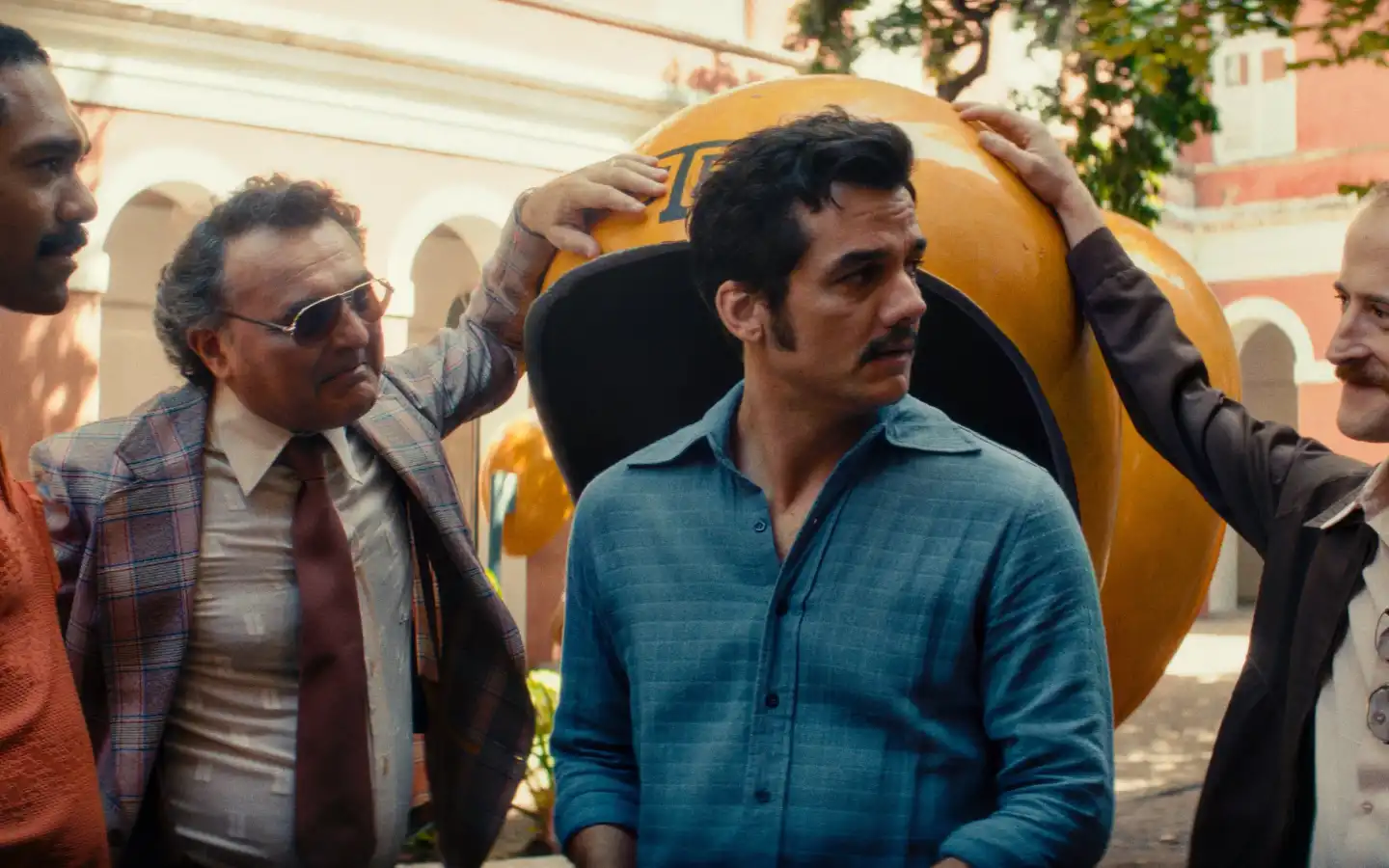
Cinematic Language and Narrative Tricks
Wagner Moura shines with absolute competence in the lead role, but the soul of the film is Tânia Maria’s Dona Sebastiana. The spirited character drives the narrative’s comedic verve with lightness and perfect timing. While other passages that rely on humor sometimes felt repetitive and dispensable to me, every minute of Dona Sebastiana’s screen time is impeccable and leaves us wanting more.
A film critic before becoming a filmmaker, Kleber here revels in the exercise of cinematic language. While it explicitly pays homage to classic cinema, from Steven Spielberg to Lina Wertmüller, the script steers clear of traditional dramatic arcs—which may cause unease and frustration for some viewers. The trickery starts with the film’s very title: this is not a spy movie. Elements of suspense and tension exist, but they are woven in almost subterraneously. There are few moments of dramatic explosion; even the climax features a masterfully crafted subversion of expectations by the director.
In its mosaic of genres and diverse on-screen characters, The Secret Agent champions the importance of social and collective memory for democracy. It’s no accident the film celebrates information devices (audio recordings, photographs, newspaper clippings) as tools for transmitting knowledge to future generations. In yet another love letter to cinema and Recife, Kleber Mendonça Filho invites us to dive into the struggles of the past, with energy and a smile on our faces, so we stay vigilant against the threats of the present and future.
Kleber Mendonça Filho’s movie, The Secret Agent, is Brazil’s entry for the 2026 Oscar for Best International Film! After making it through a shortlist of major productions, this Northeastern-themed film was the chosen one. The shortlist included the films Manas (Mariana Brennan), Kasa Branca (Luciano Vidigal), The Blue Trail (Gabriel Mascaro – winner of the Silver Bear at Berlinale), Same Old West (Erico Rassi), and Baby (Marcelo Caetano – winner of the 2024 Cannes Breakthrough Actor Award for Ricardo Teodoro).




